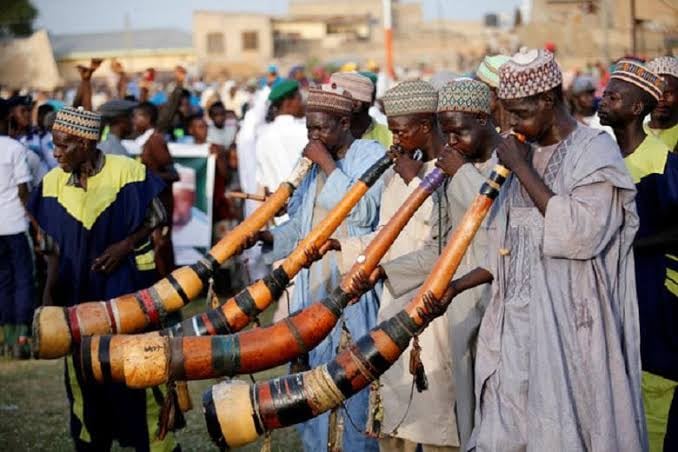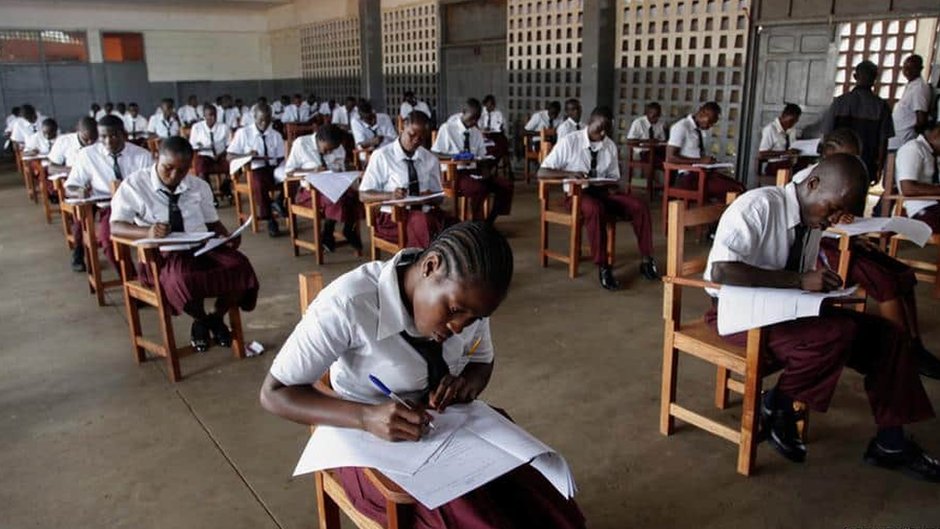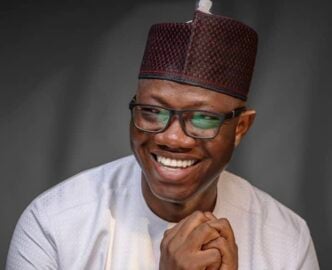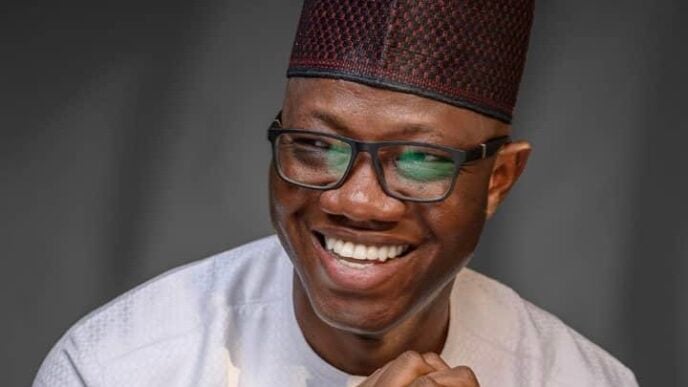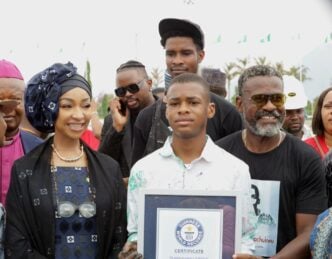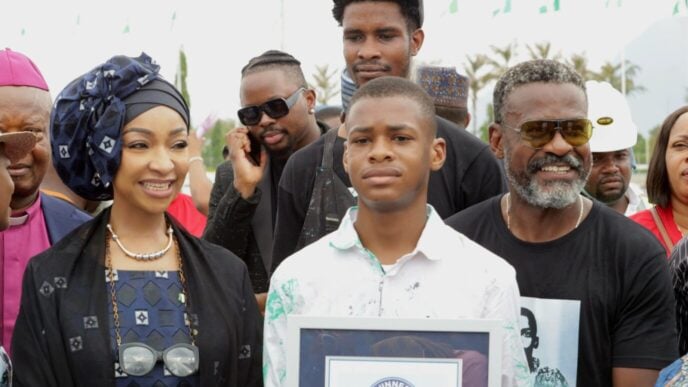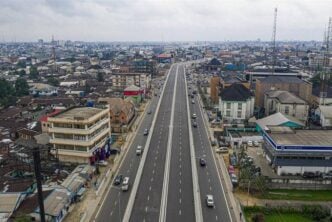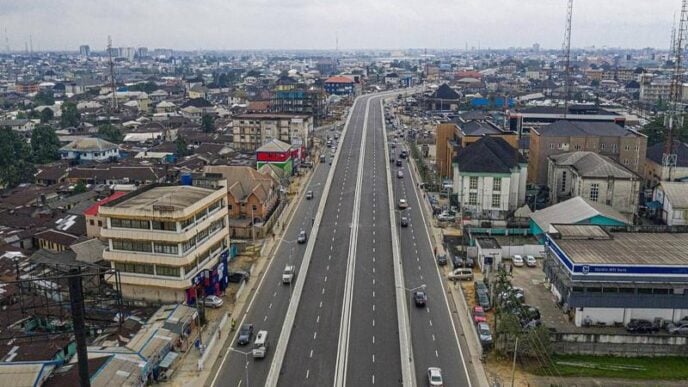BY ALIYU A. AMMANI
I received thoughtful messages from friends urging me to focus on unity and peaceful coexistence between the Hausa and Fulani in my public commentary. They caution that my words, though well-intentioned, might inadvertently deepen divisions or even aid those seeking to destabilize our society. A gentleman advised me to fear Allah and not sell out the lives and peace of my people for a few “samanan qalilan” dollars.
Meanwhile, Kaltume Jitami was elsewhere, vehemently accusing me of being a Fulani infiltrator working for Miyetti Allah to deceive the Hausas. She even claimed to have traced my ancestral roots to a Fulani settlement in a place called Ɗan Balbelu in Niger Republic! A few years ago, someone contacted Dr. Ahmad Gumi’s media team, warning them to be cautious of me, claiming I was one of those “awarded the contract” to sow division between the Hausa and the Fulani.
Let me make myself clear. I am deeply committed to fostering peaceful fruitful coexistence between the Hausa and Fulani. This commitment is not theoretical, it is practical and personal. I am Hausa, raised in a cosmopolitan family where diversity was embraced. My father had three sons, each of whom married women from different ethnic backgrounds, including Fulani and Igala. As I write this piece, a beautiful Fulani woman is warming up to occupy one of the remaining spaces in my heart and house, as an additional wife. My father had nine daughters that have blessed me with nephews and nieces of Shuwa Arab, Kanuri, Babur/Bura, Fulani, and Buzaye heritage. Peaceful coexistence among tribes is not just an ideal for me; it is a reality I lived in. This is just my father’s household; I haven’t even touched on my grandfather’s or my uncles’ households.
However, true coexistence must be built on a foundation of truth, sincerity, mutual respect, and accountability. A ‘peaceful coexistence’ constructed on a foundation of falsehoods, denial, false sense of entitlement and manipulation is fragile and unsustainable. This, in my opinion, is part of why we find ourselves in our current predicament. Agreed, some of my statements may be perceived as divisive or as playing into the hands of those who wish to destabilize our society. But the fear of misinterpretation should not stop us from confronting uncomfortable truths.
Advertisement
In the pursuit of the lofty goal of peaceful coexistence between the Hausa and Fulani, it is evident that the Hausa are at a great disadvantage. While the Fulani are deeply conscious of their identity, proud of their heritage, organised and exhibit strong group solidarity, the Hausa have historically lost such organisation and collective consciousness. Little wonder why a significant proportion of street children, out-of-school children, street beggars, child brides, and low-skilled labourers in Nigeria today are of Hausa descent!
Until very recently, it was rare to find Hausa individuals who openly identified with their tribe, celebrated their Hausa heritage, took pride in their history and culture, or felt a strong sense of communal belonging. I recall attending a gathering at Arewa House in 2021, where the convener asked attendees who identified as Hausa to raise their hands, and surprisingly, very few did.
This, in my opinion, can be traced back to the brand of Islam deliberately promoted among Hausa communities since the Sokoto Jihad which discouraged associations with tribal identity and group affiliations. This is why, among all the peoples on earth, it is only the Hausa who have both a ‘Bahaushe’ and a ‘Bamaguje’, and often, there’s no love lost between them! This version of Islam took root predominantly among the Hausa, while other tribes, including the Fulani, continued to embrace and express their ethnic identities in all aspects of life. Even the Emirs in central Hausaland, such as those in Kano and Zazzau, proudly identify as Fulani Emirs, even though they are socio-culturally ‘Hausa’. It is not unusual to encounter individuals born and raised in Hausaland, who speak only the Hausa language, openly or tacitly telling those who care to listen that his ancestors are not Hausa, but Fulani or Kanuri or Kilba.
Advertisement
This is the reason why many, including religious scholars and opinion leaders, are beginning to question the very existence of the Hausa as a distinct people. Imagine this twisted logic: we have Hausaland, we speak the Hausa language, yet somehow, there are no Hausa people!
The primary reason I write, on social media and beyond, is to reignite a positive sense of identity, self-pride, and awareness of our rich heritage and history among the Hausa people of Nigeria. I write to reawaken Hausa consciousness: to inspire a wake-up call, encourage self-reflection, prompt internal reorganization, assess the current realities, strategically plan for the future, and ultimately, to effectively put an end to ‘zaman kara zubanci’.
I firmly believe that this reawakening is essential for the Hausa to organise and be beneficial to themselves, contribute meaningfully to Nigeria, and engage as equal partners in any arrangement of coexistence between the Hausa and Fulani or any other Nigerian tribe. Sometimes I wonder why some people view the noble goal of reawakening positive consciousness and awareness among the Hausa as an attempt to create disunity between the Hausa and the Fulani. Perhaps, without realizing it, they are suggesting that peaceful coexistence with the Fulani is only possible if the Hausa remain unconscious, disorganised, rudderless, and without a clear sense of purpose.
Ammani is a Professor of Agricultural Economics at Ahmadu Bello University, Zaria and can be reached via [email protected]
Advertisement
Views expressed by contributors are strictly personal and not of TheCable.
